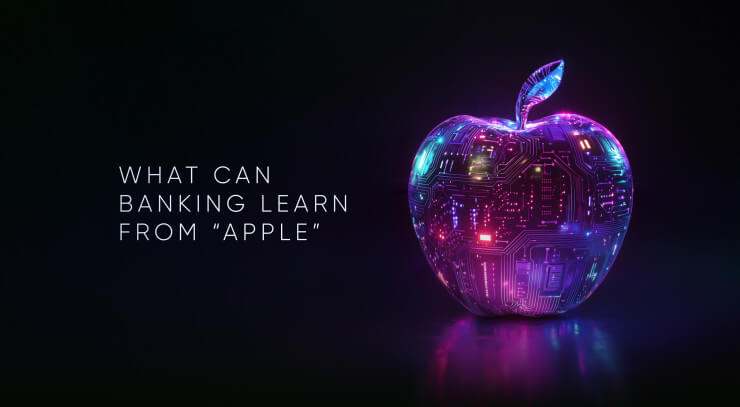
The digital transformation of banking is an illusion—modernization will never truly end. Traditional banking, with branches and manual processes, is obsolete. To stay relevant, banks must operate like tech companies, driving continuous innovation and enhancing customer experience.
What NASA’s Tough Choice Can Teach Us About Banking UX Design
How prepared are traditional banking players? Despite all their experience, resources, confidence, and influence, could they still fail their customers, leaving them stranded in the 'digital' space like NASA astronauts? The standoff between Boeing and SpaceX in space suggests this is entirely possible, but there is a solution.
Could Your Financial App Scare Users Away? Here’s How to Find Out
Too often, financial executives overlook the user experience (UX) of their apps, leading to customer frustration and churn. What if your bank’s app is a UX disaster waiting to happen? Here’s how to find out—and fix it before it’s too late.
Perfecting Digital Banking Interface: Try It the Apple Way
Many banks believe that packing their apps with countless features and the latest technology will attract and retain users. However, this approach often results in the opposite effect, driving users away due to overwhelming complexity.
15 Design Concepts Every Financial Product Owner Should Know and Use
These principles enhance user experience, ensure products are efficient and engaging and align with business goals. By applying these design concepts, financial product owners can create user-friendly, intuitive, next-gen digital services that empathize with users, organize content logically and design accessible, visually appealing interactions.
Digital Bank Design: A Nightmare for Top Designers, a Playground for UXDA
The world of financial services is a labyrinth of complexity, regulations and high stakes. Despite the allure of high-profile projects and substantial budgets, even the most skilled designers often hesitate to delve into this demanding sector. The primary reason?
Banking Customers Aren't Stupid; Your App Is Just Confusing
When banking executives face costly digital transformation, they often wonder why customers complain about their "intuitive" services. The real issue isn't the users but the complex and unintuitive interfaces they navigate.
Customers' Frustration: The Hidden Cost of Tech-Driven Banking Innovation
Modern banking executives must innovate effectively in a rapidly evolving digital landscape. While drawn to AI, blockchain, cloud infrastructure, and open banking APIs, they often overlook user experience (UX). This article explores how a user-driven approach to innovation can ensure financial brands' survival and success in the digital age.
Apple's On-Device AI Takes on Cloud AI: Who Will Revolutionize Personalized Banking UX?
Integrating AI into banking services will obviously revolutionize the user experience in financial services, offering real-time advice and 24/7 transaction monitoring. The main question is which AI will serve banking first ─ on-device AI or cloud-based AI? Let’s compare!
Next-Gen Finance Revolution: Why Digital Excellence Can’t Wait
This article delves into the tension between the urgent need for next-gen, customer-centered financial products and the significant hurdles financial brands must overcome to deliver them and achieve digital excellence.

















